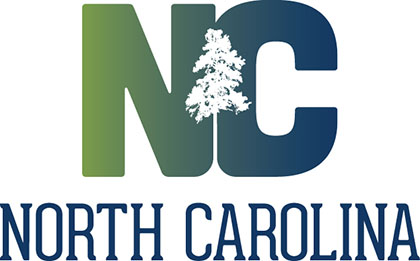Economic Development: A Three-Legged Stool
June 19, 2017

Economic Development Is a Three-Legged Stool
When most people think about economic development and job creation, they focus on recruiting new companies to their county or community.
That is an important and highly visible part of economic development, and why developers must spend a great deal of time compiling data and inventory of commercial properties and buildings that site selectors require before even considering a location. (The Person County Blog recently ran an excellent series on “Site Selection Factors,” in which guest bloggers outlined the criteria companies use to determine where they will build new facilities or expand existing ones.)
Another mindset may be all about supporting entrepreneurship, whether it’s a new Main Street business or someone providing a new service in their community. Or it could be an ambitious tech or software startup trying to join the ranks of “unicorns,” billion dollar-plus private companies such as Uber, Airbnb, Dropbox, Pinterest and SpaceX that rethink and disrupt a major industry. Economic developers try to make their areas friendly to a variety of entrepreneurs, because new businesses create new jobs.
But strategies focused solely on recruiting or supporting new businesses risk overlooking existing companies, even though they have paid taxes, provided employment and otherwise contributed to the community in many ways for many years. Studies suggest that existing businesses generate 60 to 80 percent of new jobs, so it’s critical that economic developers understand, support and retain these companies.
The economic impact of existing companies is particularly strong if they are manufacturers that are part of “traded” clusters, companies that sell their products domestically and internationally. They have a larger economic multiplier effect than other types of businesses.
What is North Carolina doing to help these companies survive and grow? Local, regional and state economic development organizations are actively meeting with executives at these companies, listening to their needs, and providing them assistance and connecting them to resources from a wide variety of organizations.
Examples of resources available to existing businesses within North Carolina include:
- workforce recruitment and customized training to help businesses find and develop the workforce talent they need to thrive.
- export assistance and international trade services to help companies identify, enter and expand global markets.
- manufacturing and process improvement expertise to help companies innovate, work efficiently and contain costs.
- general counseling including business and management advice, strategy development and implementation, and financing analysis and assistance obtaining capital.
- business expansion support and coordination of resources including potential local or state incentives and grants.
- supply chain connections to potential local business partners and suppliers.
- efficiency improvements in environmental and energy management
This network of resources supports business retention, attraction and entrepreneurship ‒ the three-legged stool of economic development. Your local, state and regional economic development partners recognize these as essential parts of supporting jobs and investment in cities and counties across North Carolina.
Harry Swendsen is a regional industry manager for the Economic Development Partnership of North Carolina, helping companies in 15 north central North Carolina counties, including Person, clear barriers to their growth.
If your company is interested talking to Harry, email him at [email protected] or call him at 919-703-5369.
ADD ITEM TO REPORT
As you navigate our website, you can use the “Add Item to Report” button to add any page or property to a custom report that you can print out or save.

